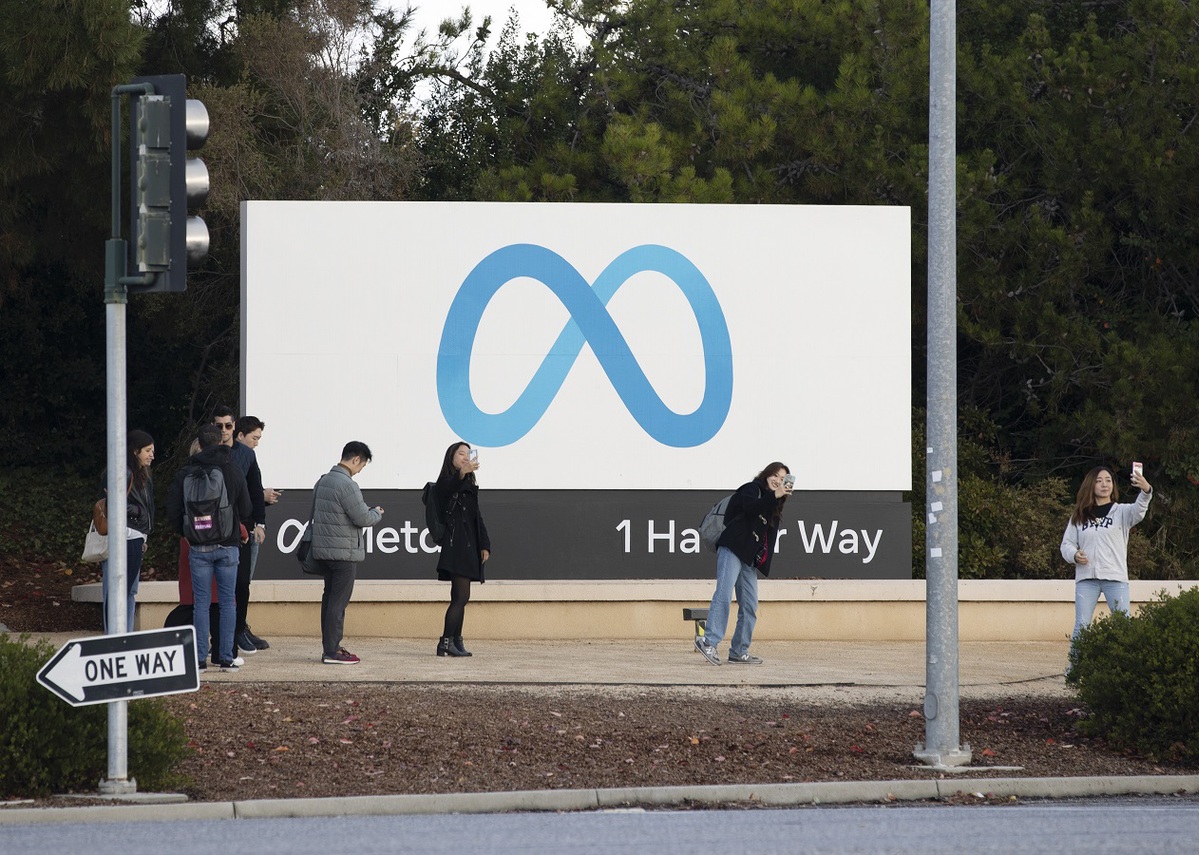After wave of panic, impact of US visa hike still unclear
Washington's plan to charge $100,000 fee for H-1B application rattles tech firms, foreign workers


Positive contributions
Some US politicians, however, are against the new fee.
Congressman Raja Krishnamoorthi, a Democrat from Illinois, called the move a "reckless attempt to cut America off from high-skilled workers who have long strengthened our workforce".
"Many H-1B holders ultimately become citizens and launch businesses that create good-paying jobs here at home," he said in a statement.
"While other nations race to attract global talent, the United States should strengthen its workforce and modernize our immigration system — not erect barriers that weaken our economy and security," he added.
Research on skilled immigration by Britta Glennon, an assistant professor at the Wharton School of the University of Pennsylvania, supports Krishnamoorthi's view, which is also shared by some economists.
Glennon said that when immigrants join a company and work with US citizens, together "they are actually more innovative".
Her research suggests that immigrants tend to be more entrepreneurial. "Immigrants are 80 percent more likely than natives to start firms. It's not just the case that they are coming in and taking jobs, they are actually creating jobs through creating new startups," she said.
Glennon said that as a result, immigrant entrepreneurs often attract foreign direct investment to the US, creating more jobs.
A strong example is South African-born businessman Elon Musk who worked on a H-1B visa at one point. "The reason I'm in America along with so many critical people who built SpaceX, Tesla and hundreds of other companies that made America strong is because of H-1B," he once wrote on X.
Other companies with immigrant founders or co-founders include Google, Moderna, Uber, Discord, Zoom, eBay, Pfizer and Stripe.
A 2025 study by the American Immigration Council revealed that 109 of the Fortune 500 companies were founded by immigrants. Another 122 companies were founded by children of immigrants.
Together, more than 46 percent of Fortune 500 companies in 2025 were founded by immigrants or their children. They generated $8.6 trillion in revenue in 2024 — more than the combined GDP of Japan and German — and employed over 15.4 million people worldwide.
Another study by Glennon found that in the past, US multinational companies responded to restrictive skilled immigration policies by expanding foreign affiliate employment and by adding new foreign affiliates.
The study also found that expansion of foreign affiliate employment had been significantly — but not exclusively — concentrated in three countries: China and India, where human capital exists, and Canada, where a more relaxed policy allows immigrant hiring.
























